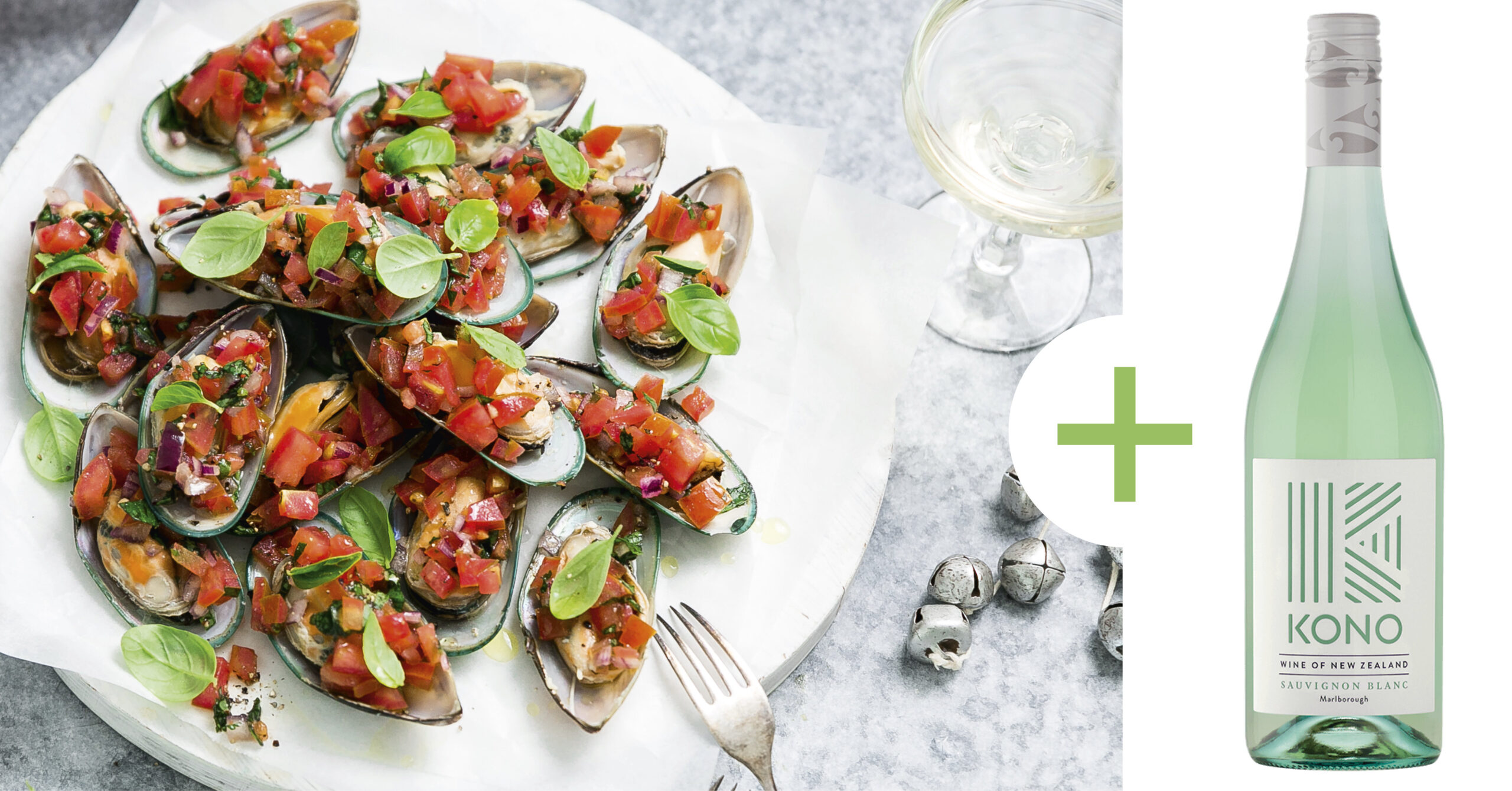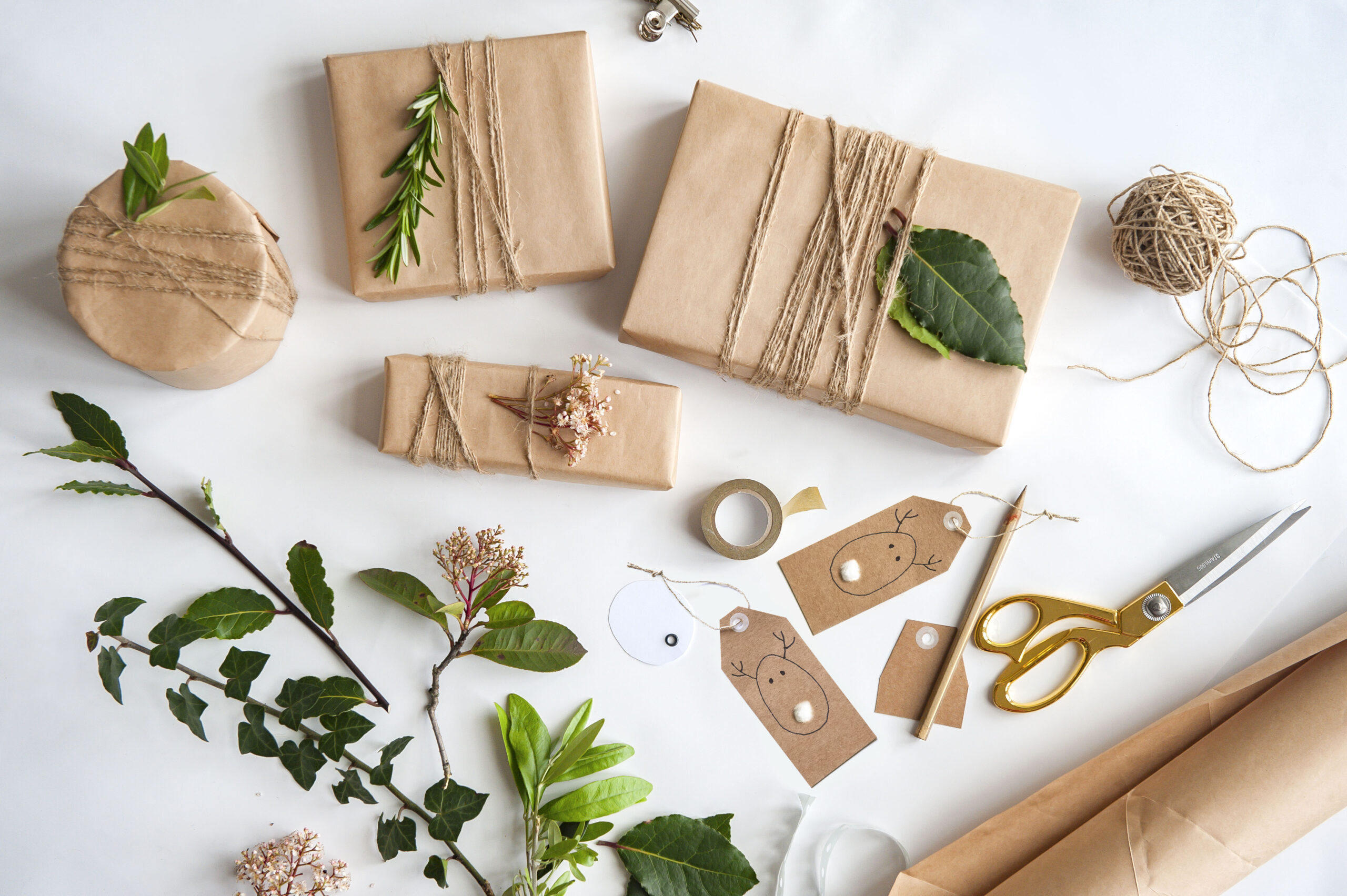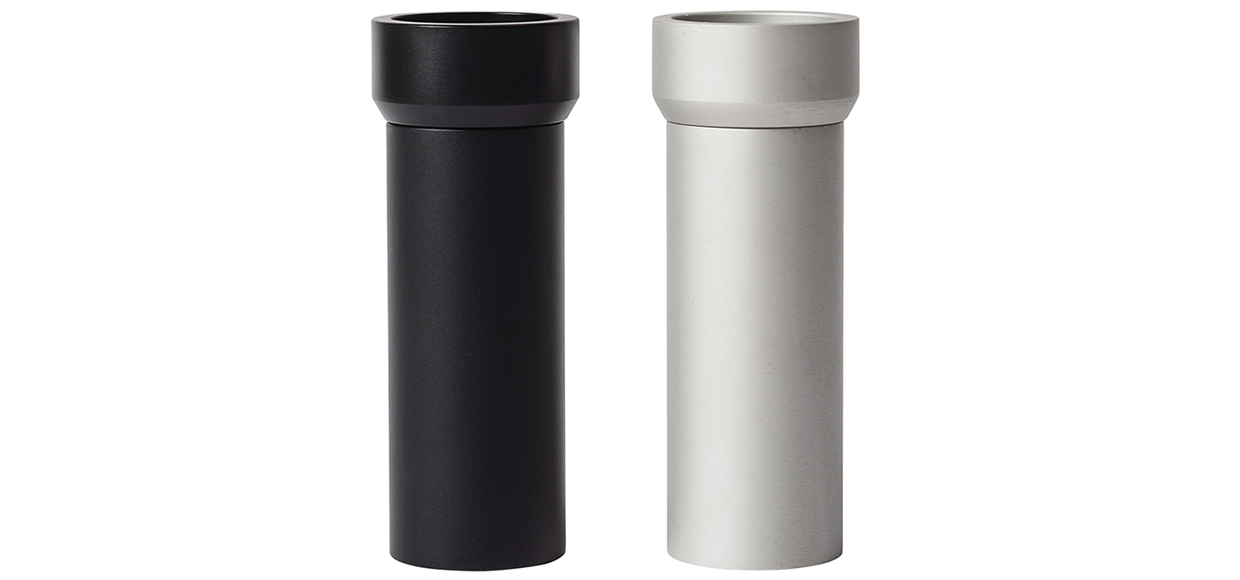Photo credit – Simon Lucas Saving the Wild – Jamie Joseph tracking black rhino
How one woman is helping save the last of the big tuskers and the Kimana Wildlife Corridor in Kenya, one beehive at a time.
In the world of conservation Jamie Joseph has rockstar status. The founder of Saving the Wild recently directed multi-award-winning short film Kimana Tuskers, narrated by two-time Academy-nominated Djimon Hounsou and produced with the help of multi-Academy-award-winning Park Road Post in Wellington.
In recent years she’s taken down rhino poaching kingpins, used New Zealand Comvita Mānuka honey to treat African wildlife wounded by poachers, as well as animals harmed by the Australian bushfires. Her current focus is securing land in the Kimana Wildlife Corridor through beekeeping, while empowering young Maasai women.
It’s her wish for the film to be seen by as many people as possible – and, as she explains, honey has a role to play.
“Kimana Tuskers is an advocacy tool to raise awareness about the fact that we’re running out of wild land, and we’re securing this land through beekeeping,” says Joseph. “The whole purpose of the film is to show people how incredibly beautiful this place is at the foothills of Mt Kilimanjaro, but it must be protected. We are in a race to secure wild land because when the land is gone, it’s gone forever.”
The star of the film is Craig, one of the last great tuskers – male elephants whose ivory tusks sweep the ground. There are fewer than 20 tuskers left on Earth. The area where they roam used to be rampant with poaching but now the threat here is farming.
The film, a love letter to Kimana and written by Joseph, ends with a shock aerial view showing how far farms have encroached on this vital wildlife corridor, and just how close we are to snuffing out the African elephant population forever.
“Humans have already annihilated close to the entire population of African elephants. Elephants have become refugees clinging to the last slivers of land that are left, so it’s urgent that we secure this land. Not just for the last of the great tuskers, but for all wildlife,” says Joseph.
“Kimana is also Maasai-owned land and we want to make sure the people who own this land are never forced into a situation where
they will sell it off to a farmer. It’s farms in a wildlife area that are causing a problem because we’re running out of space. If you
go and drop a big farm in the middle of this corridor, the animals don’t know where to go. They’re getting trapped.”

Through fundraising events at special pre-screenings of the film in America in October, she has raised enough funding to launch Saving the Wild WOMEN, an additional programme to the Saving the Wild Bee Keeping Project that the charity set up with the help of Comvita in New Zealand and Big Life Foundation on the ground in Kenya back in 2020.
Of the 400 hives so far put down in the corridor, the sale of acacia honey from 200 hives funds school scholarships for the local children (facilitated by local partner Big Life Foundation), and the other 200 hives are managed through the Maasai women empowerment programme, creating financial independence through beekeeping. Saving the Wild provides the hives, the apiaries and the training, and essentially these young women become business owners.
So far, funds raised at film screenings have enabled the launch of two groups of around 20 women aged between 16 to 21 who are being trained to be beekeepers.
The younger the women, the better, says Joseph, because often they are married off at a very young age by their parents to avoid poverty and don’t necessarily have a choice about who they marry or how many children they have. “Through the bee project I’d like to give young women an option and empower them to make their own choices,” she says. “The goal is to get to a point where we walk away and it’s their business. The future is what I’m most excited about. Seeing this amazing landscape flourish through something positive; working with nature instead of against it.”
The project hasn’t come without its challenges, including a fearless honey badger. “They love honey and we had one honey badger that dug through the night to get through and stole some of the honey, so we now have cement floors,” laughs Joseph.
The biggest challenge they face is climate change and drought. Carlos Zevellos, Comvita’s most senior beekeeper, is in direct communication with Saving the Wild’s head beekeepers in Kenya.
“Carlos can’t change the weather, but it’s certainly been a huge help having that wealth of decades of experience to fall back on,” Joseph says.
Last June they made the decision to not harvest the honey, even though most of the supers were close to full. It turned out to be the right decision as there was no rain until December and the bees needed the honey to survive the long winter.
In February, the rains came and hopefully with more rain to come, they’ll have a bumper harvest in June.
Comvita is now also advising on how to use by-product – including wax, which is an eco-friendly alternative to plastic – to create new revenue streams.
Joseph also recently represented New Zealand at the Comvita stand at the World Expo in Dubai where she also showed Kimana Tuskers. A coup was having the film picked up by Emirates as part of its in-flight entertainment for two years, beginning in April.
Joseph also believes we need to look at the future beyond pandemics.
“It’s mind-blowing that we live in a world that’s gripped by this pandemic but most countries are just treating the symptoms and not the cause. We should be looking at how we can be globally shutting down the cause, which is illegal wildlife trade and zoonotic diseases. All we can do at Saving the Wild is to do our part to mitigate climate change by supporting the rewilding of nature.”
When Joseph began working in Kenya in 2015, it was all about poaching. She recalls an incident where a wounded elephant shot with a poisoned arrow crossed over from Tanzania into Amboseli National Park in Kenya. “She knew our partners on the ground, Big Life Foundation, would protect her,” says Joseph. “Elephants are very smart; they know where the good people are. As [the vet] cleaned out the poison he said, ‘If she goes below five breaths a minute, we’re in trouble’,” she recalls. “As she dropped below five breaths, the vet quickly gave her the reversal drug to wake her up. I was quietly cheering her on, ‘Come on my girl, don’t you die on us’. The first two times she tried to get up she fell down again. Then on the third go, she managed to get up, and like something out of a Disney movie, she slowly walked into the sunset, and just at that moment with the sun setting she turned around and looked at us, as if to say thank you. It was very emotional, and I thought ‘this is it. I’m so in love with this land and the people, I want to spend the rest of my life here’.”

That hasn’t quite gone to plan for Joseph who was born in Zimbabwe and grew up in South Africa. She now lives between South Africa, Mozambique, Kenya and Zimbabwe. And earlier, she spent time in New Zealand, where she worked as TEDxAuckland’s official storyteller, and all over Africa writing stories from the front line and tackling the poverty link to the poaching crisis.
While in South Africa, the only time her enemies know where she is, is when she shows up in a courthouse with a security detail, because after exposing a syndicate of corrupt magistrates and lawyers she’s “not very popular”.
At a secret meeting in South Africa in 2016 with some of the country’s most respected conservationists, she learned that if she wanted to make a difference, she had to start fighting corruption. “So, my little dream of living a wild life in Kenya vanished,” she explains.
Since then, Saving the Wild has played a critical role in the dismantling of both the Gwala syndicate in Zululand and the Mabuza syndicate in Kruger, and Joseph took it upon herself to expose the “Blood Rhino Blacklist” – a syndicate of corrupt judges, magistrates and prosecutors who for many years have been taking bribes not just on rhino poaching cases but also child rape and human trafficking.
To strengthen her case, she called in some favours from her famous friends, who didn’t need any convincing to speak out on the issue, including Dr Jane Goodall, Helen Clark, Richard Branson, Dave Matthews and Leona Lewis.
Documentaries exposing the syndicate by the BBC and TVNZ Sunday followed and were also too hard to ignore, and the Ministry of Justice had no choice but to suspend court president Eric Nzimande.
“That was more than four years ago and he is still suspended with full pay” says Joseph. “We’re going to have to do an international intervention again. Believe me, it’s coming…”
What can New Zealanders do?
Donate to Saving the Wild to help them fight the corruption driving rhinos into extinction, and spread the word about Kimana Tuskers. For every $20,000 raised, Saving the Wild can guarantee financial independence for up to 20 young Maasai women. And these women, through beekeeping, are protecting the Kimana wildlife corridor and the last slivers of land left that the great tuskers call home.






